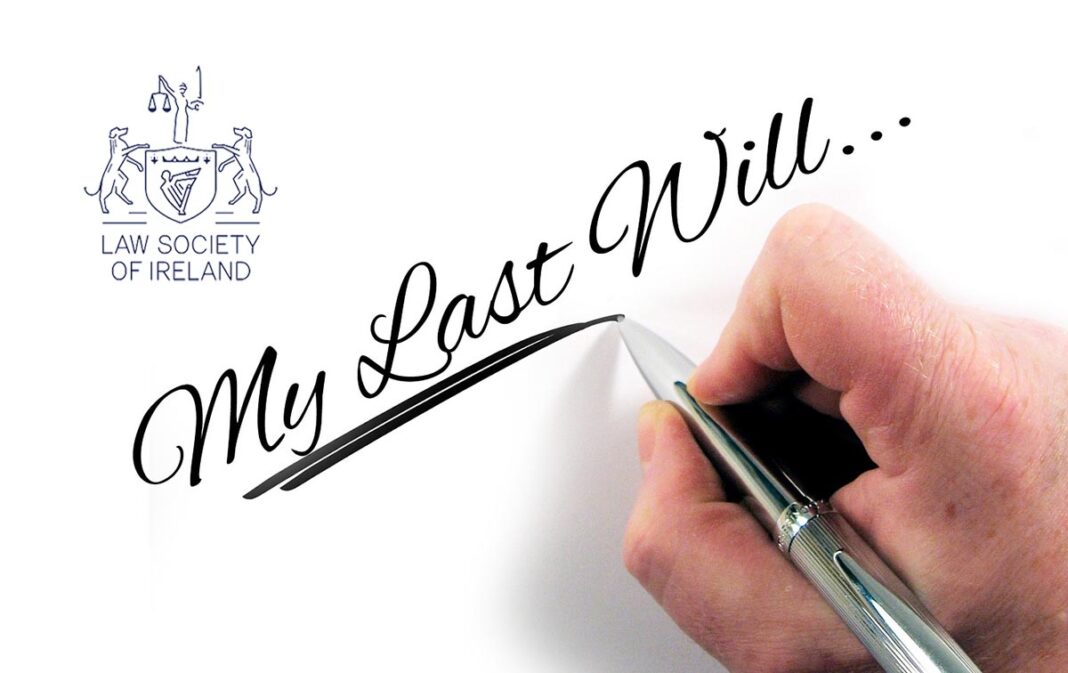The Law Society of Ireland and Clare Bar Association are highlighting the importance of making a will and are encouraging Clare residents to plan ahead.
Secretary of Clare Bar Association, Sinéad Glynn, said, “Many people might be tempted to put off making a will for another day in the future, but life is unpredictable and it’s never too early to plan ahead. The start of the new year is the perfect time to make a will and to let your loved ones know how you would like your possessions to be distributed when you die, providing peace of mind.”
What is a will?
“A will is a legal document that outlines how a person’s property, money, and other assets (also known as an estate) should be distributed after their death. This usually involves leaving your assets to family, friends, or a charity that is important to you. By making a will, you can ensure that your estate is handled according to your wishes,” explained Sinéad.
Steps to making a will
“Making a will might seem like a daunting task, but it is one of the most positive life tasks you can tick off your list. Community based solicitors have expertise in wide-ranging areas of law, including making a will. Your solicitor can guide you through the process and answer any questions you might have.
“A will can only be valid if it is made in writing (by you or your solicitor), you are over 18 and you must be able to understand and decide what you are doing (this can be referred to as having legal capacity). The will must also be signed by the person making the will in the presence of two witnesses.
“If you don’t have a solicitor, you can find one using the ‘Find a Solicitor’ tool on the Law Society’s website.”
Keeping your will up to date
“We all know how quickly life can change, so keeping your will up to date is important. A will made 20 years ago may not reflect your life today. For example, you might have had children since your last will was made, have a new life partner, be saving for a deposit for a home, own more property or have a new business to consider.”
What happens if I don’t make a will?
“If a person dies without making a will, they will have died ‘intestate’,” explained Sinéad. “When this occurs, there are laws that set out how the estate will be divided and this means, your estate may not always go to the people you would have chosen.
“Where there is no will, your spouse or civil partner is entitled to either all or two thirds of your estate, depending on whether you have children or not. The remaining one third is divided between your children.
“If you have no spouse, civil partner or children, your estate will be divided among your living relatives according to a set formula. Cohabiting couples or those in long-term relationships without legal status may receive nothing. These are important personal considerations to discuss with your solicitor to avoid future distress or uncertainty.
Talk to your local solicitor
“Every adult should have a will. If you haven’t already, the best time to make a will is now,” said Sinéad.
“We strongly encourage all Clare residents to make a will or to review their will to make sure it is up to date going into 2025. For trusted advice and support, talk to a solicitor in your local community today.”
Learn more information about making a will in the free online Law Society Legal Guides: www.lawsociety.ie/legalguides
